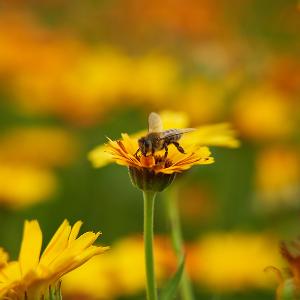Ecology


Behavioral ecology
Behavioral ecology generally studies the interactions between behavior and environmental factors and what evolutionary consequences these, and behavior in general, have. Within our group, we conduct research in two directions in particular:
| Research Groups | Topic |
|---|---|
| Prof. Dr. Niels Dingemanse | Behavioural Ecology |
| Prof. Dr. Herwig Stibor | Aquatic ecology |
Aquatic ecology
Research focuses on experimental studies of pelagic food webs in limnic and marine waters. All global biogeochemical cycles are essentially determined by the life cycle of pelagic organisms; e.g. the flow of carbon from the atmosphere into food webs through photosynthesis of phytoplankton.
Current research programs are investigating the efficiency of this transfer as a function of the functional diversity of phytoplankton communities, which is partly determined by the different pigmentation of individual phytoplankton species. Furthermore, experimental tests of theoretical food web models in simply structured marine ecosystems are currently being carried out.
Experimental analyses of aquatic food webs can help to causally link well-understood findings from theory and laboratory experiments with field observations. This requires the ability to carry out experimental studies in the field in as many different water bodies as possible. The LMU limnological station in Seeon, with over 50 lakes in the immediate vicinity and the possibility of conducting large field experiments, offers unique opportunities in Germany.